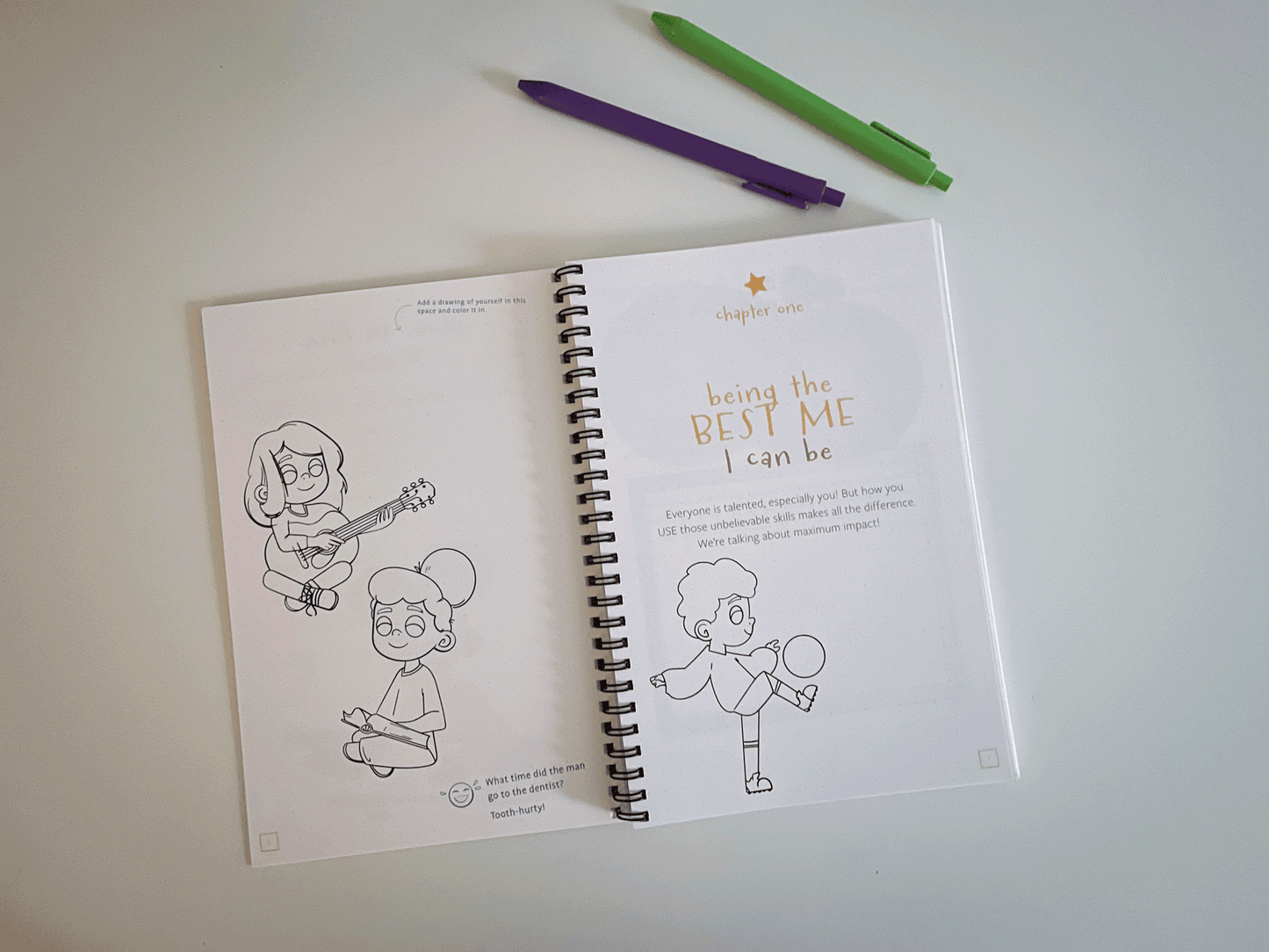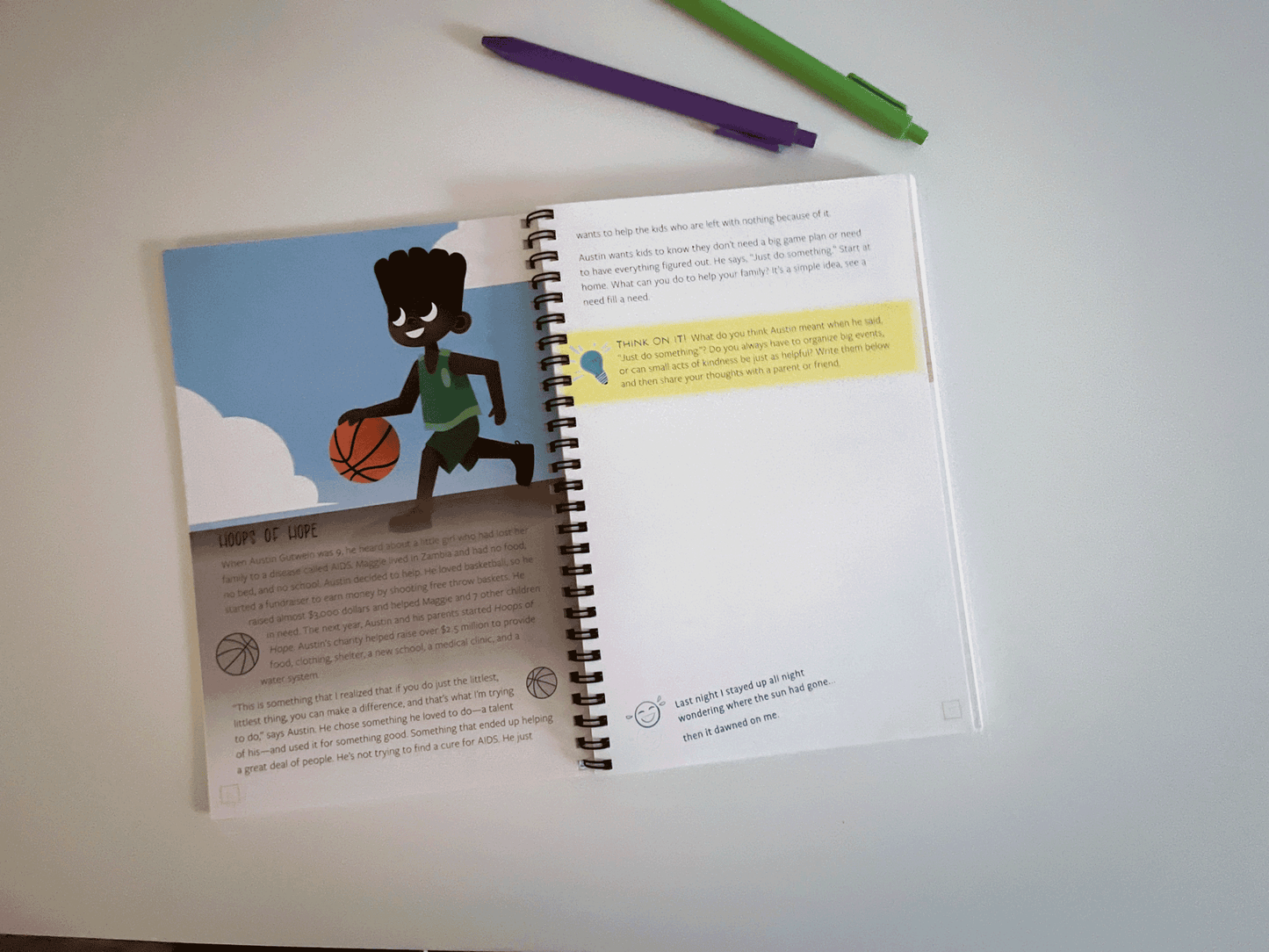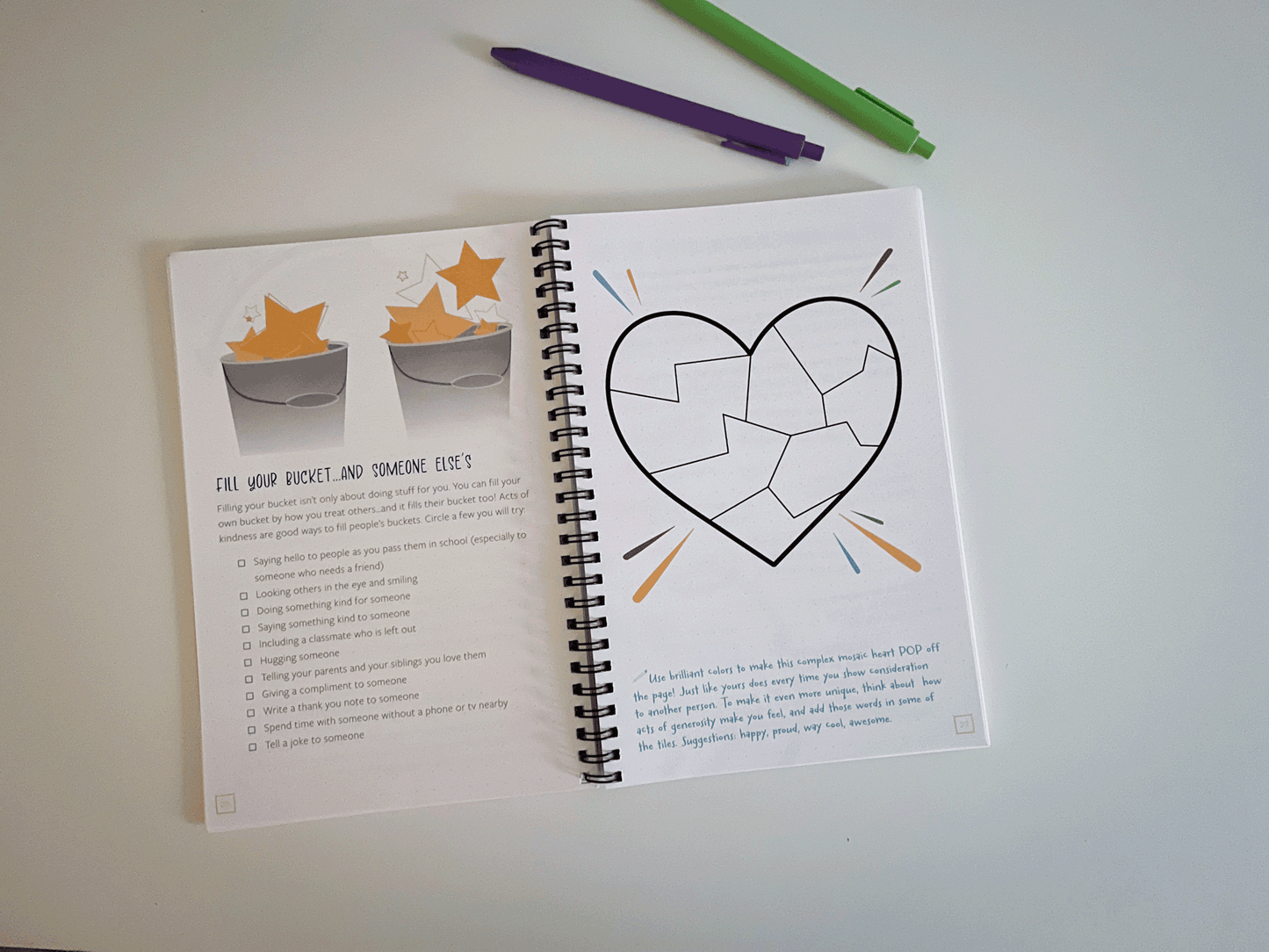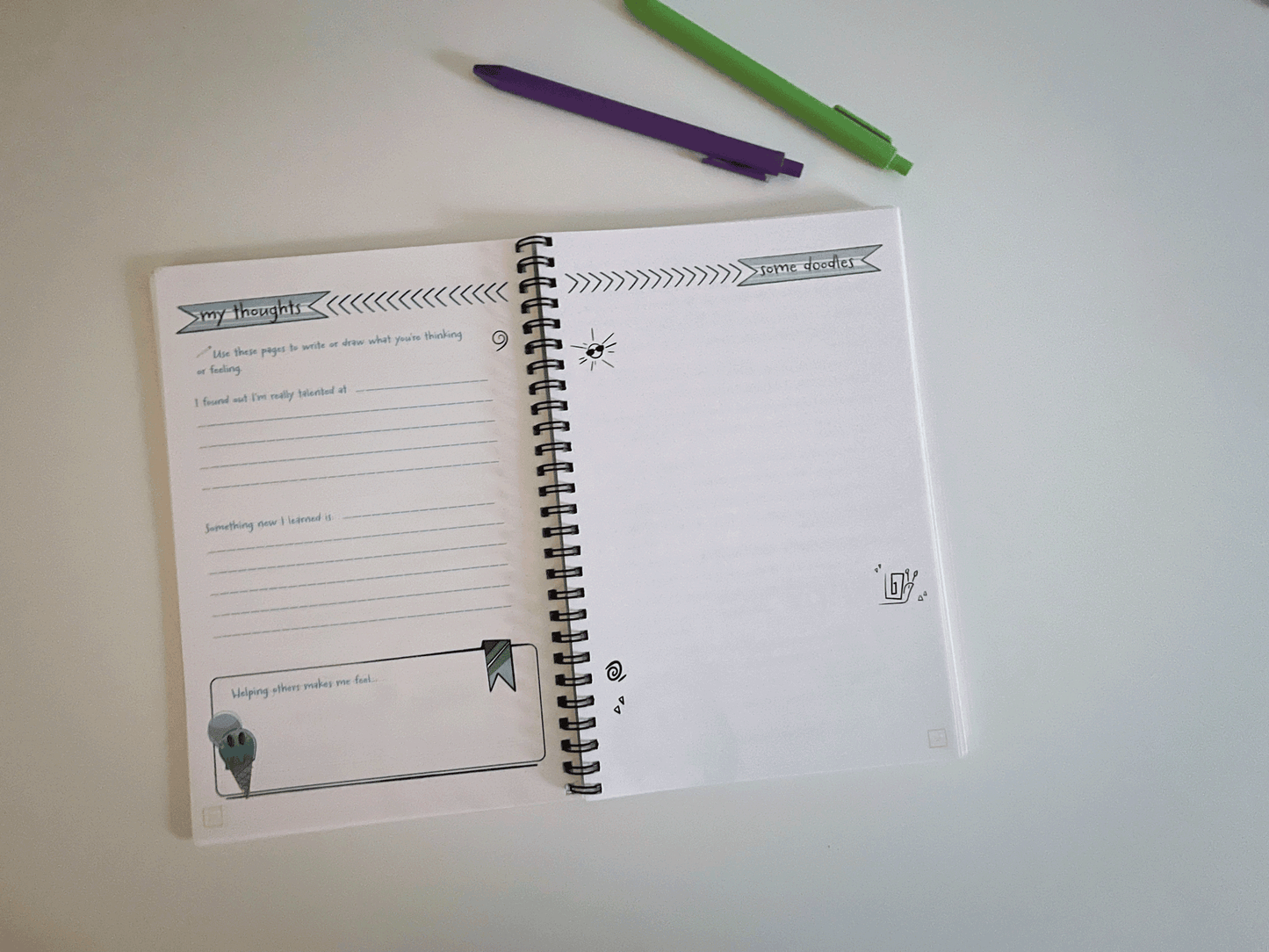WHAT IS VIRTUE?
Aly McCarthy
The meaning of virtue seems to be lost in our modern culture. We tend to associate virtue with being “good.” But what does that mean? How can we possibly improve at something that we don’t understand?
We live in a time when being “good” can mean vastly different things to different people or in various situations. It may mean doing what’s best for ourselves and our future. I always hear the phrase, “you do you,” as a reminder that we have to look out for our own interest. Another way to define “good” may be pleasing the people around us. How much of our days are devoted to pleasing our spouse, children, boss, friends, or parents? When we please others, we receive immediate feedback that we are doing something good. Then there’s the traditional definition of “good,” which usually manifests itself in negatives – not cheating on a test, not telling a lie, not gossiping about others, etc.
All these definitions are great, but none of them help us narrow down the meaning of virtue. The truth is that being virtuous can be all of these things, but there are a couple distinct qualities that sets virtues apart.
1. A HABIT
“We are what we repeatedly do. Excellence, therefore, is not an act, but a habit,” Aristotle says. In the same way, virtue is not necessarily something innately ingrained into any personality type but, rather, something that we practice and improve on. Growing in virtue means forming a new habit.
While it is completely possible to act virtuously on a one-time basis, this kind of spontaneous behavior won’t lead us to be consistently virtuous. Think about the virtue of Patience, for example. Choosing to be patient one time will not make us a patient person. However, if we practice being patient and improve at it over time then it starts to come natural to us.
Each virtue is a good habit that we intentionally work at to become better.
2. AN ACT OF LOVE
Virtues, at their core, are meant to be actions of love. That is to say that these habits are formed for the well-being of God, others and ourselves. Therefore, these actions are performed with love, even if they don’t immediately illicit feelings of love.
Timothy Keller describes this concept perfectly when he says, “Our culture says that feelings of love are the basis for actions of love. And of course that can be true. But it is truer to say that actions of love can lead consistently to feelings of love.”
In his study of Christian theology, Thomas Aquinas declares that charity (otherwise defined as love) is the greatest of all virtues. “The habit of charity,” he indicates, “extends not only to the love of God, but also to the love of our neighbor.” The virtuous habits we form are not meant to be positive actions in and of themselves, but rather each virtue should be considered an “act of love” or a gift of self.
This also explains why each virtue is accompanied with 2 vices and described as “the mean of two extremes.” A virtue can become a vice when we do it solely for our personal benefit and not for others. In that sense, we can easily catch ourselves being too honest, too generous, or too assertive.
3. A BETTER VERSION OF OURSEVLES
The original meaning of the word virtue in Latin was translated as strength, excellence, or valor. The word “virtue” was meant to express a goal that, by working at it, would lead to each man’s perfection.
The idea is very similar to that of an athlete reaching his or her full physical performance. A soccer player, for example, has to work diligently at controlling the ball with their feet. During the game, they also have to learn to be aware of the other players on the field so they can effectively pass the ball to a teammate without it being stolen. A player who practices these skills creates more options and opportunities for themselves on the field. They now have the option to fake their opponent, send a clear pass to a teammate, or score. In comparison, a player who doesn’t practice won’t have these same opportunities because they don’t have the skill level to achieve them.
By intentionally forming virtuous habits we open up new opportunities for ourselves and in our relationships. We can learn to choose peace when our world is in chaos, we can choose to be assertive when we’d otherwise be passive, and we can build up the courage to face our fears. Growing in virtue leads us to become a better version of ourselves, a truer version of who each of us were created to be.
VIRTUE: A GOOD HABIT DONE FOR THE BENEFIT OF OTHER PEOPLE.
*For a deeper dive into virtue, check out our Thrive Journal
To see a list of all 40 virtues, see our post What Are The 40 Virtues – Full List.
















